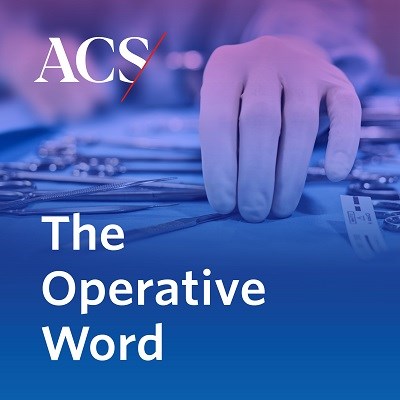Mesh Repair for Hiatal Hernia Increases Risk of Dysphagia versus Crural Sutures Alone, Study Suggests
Analatos A, Håkanson BS, Ansorge C, et al. Hiatal Hernia Repair with Tension-Free Mesh or Crural Sutures Alone in Antireflux Surgery: A 13-Year Follow-Up of a Randomized Clinical Trial. JAMA Surg. 2023; published online ahead of print.
Patti MG, Herbella FAM. Mesh and Hiatal Hernia Repair-The Never-Ending Saga. JAMA Surg. 2023.
This article reported long-term follow-up (median 13 years) of patients diagnosed with hiatal hernia and gastroesophageal reflux (GERD) symptoms who were enrolled in a randomized, controlled trial that compared hiatal hernia repair using non-absorbable mesh with repair using crural sutures.
The primary outcome of interest was radiologically verified hiatal hernia recurrence; secondary outcomes included rates of dysphagia and quality of life assessed with standard rating scales. Of 153 patients initially enrolled, 103 (53 mesh repairs) were available for long-term follow-up.
Hernia recurrence was >30% in both groups; dysphagia scores were significantly higher in the mesh group. The authors concluded that routine use of mesh repair for hiatal hernia was not indicated for management of patients with hiatal hernia and GERD.
In the editorial that accompanied the article, Marco G. Patti, MD, FACS, and Fernando A. M. Herbella, MD, PhD, noted that the study was limited by the fact that only a small proportion of the original patient cohort was included in the long-term assessment and that hernia recurrence was assessed using a different technique (CT imaging) than used in the initial report (barium swallow). This difference could lead to underestimation of the hernia recurrence rate. Despite these limitations, the data indicated that mesh repair of hiatal hernia should not be routinely used in patients with hiatal hernia and GERD.
Opportunistic Salpingectomy Could Reduce Frequency of Ovarian Cancer by 15%
Kahn RM, Gordhandas S, Godwin K, et al. Salpingectomy for the Primary Prevention of Ovarian Cancer: A Systematic Review. JAMA Surg. 2023.
It has been well-established that a significant proportion of ovarian cancers originate in the fimbriated end of the fallopian tube, and recognition of this phenomenon has confirmed the value of bilateral salpingectomy as a means of preventing ovarian cancer.
Gynecologic surgeons routinely use this procedure in patients with and without genetic risk for ovarian cancer who are undergoing uterine surgery or caesarean section delivery and desire to lower their risk for ovarian cancer.
The authors conducted a systematic review of the literature; from an original group of 1,089 studies, 158 were deemed worthy of inclusion. The analysis showed that opportunistic salpingectomy has the potential to reduce the frequency of ovarian cancer by 15%.
The authors provided convincing data showing that opportunistic bilateral salpingectomy could be safely performed during general surgery abdominal procedures such as laparoscopic cholecystectomy, concluding that general surgeons could potentially contribute to ongoing efforts at reducing the rate of ovarian cancer. They recommended additional studies to assess survival outcomes and feasibility of including opportunistic salpingectomy in abdominal procedures performed by general surgeons.
This review article builds on a growing corpus of evidence supporting the beneficence of opportunistic salpingectomy, including an article written earlier in 2023 by Susan C. Modesitt, MD, FACOG, FACS, from the ACS Advisory Council for Gynecology and Obstetrics.










